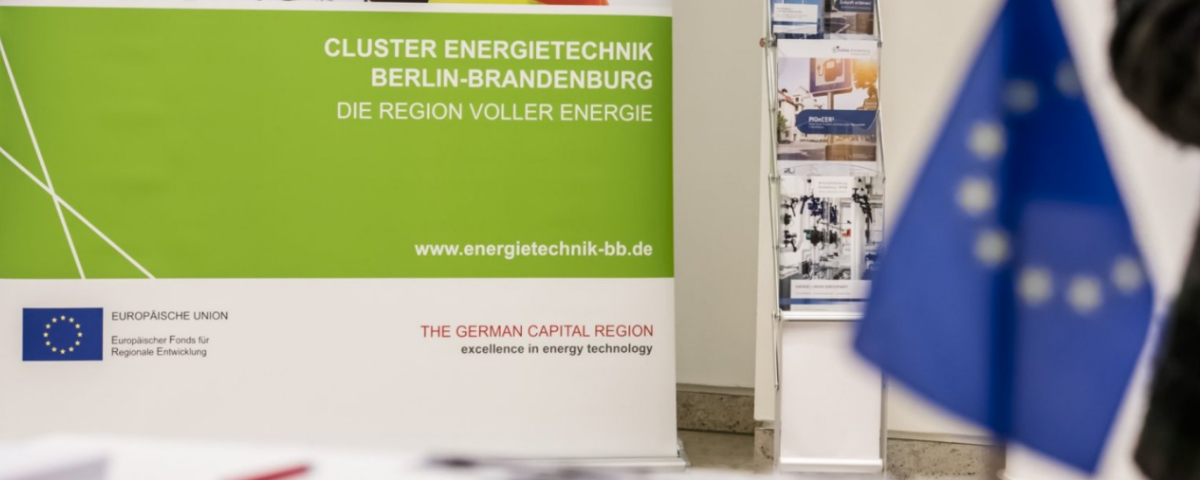
25.11. | Cluster Conference Energy Technology Berlin-Brandenburg 2021
25. November 2021
30.11. | NOW Online Seminar: Hydrogen and Fuel Cell Technology within the Export Initiative Environmental Technology (EXI)
30. November 2021Modelling social aspects of the energy transition: What is the current representation of social factors in energy models? (Krumm et al. 2022)

Alexandra Krumm, Diana Süsser and Philipp Blechinger
Abstract — Computer-based models provide decision-makers with techno-economic insights into transition pathways for decarbonising energy systems. Such models focusing mainly on techno-economic aspects and do not adequately represent the social aspects of the energy transition, although there is broad consensus that non-technical factors are important drivers and constraints. To map the current integration and identify perspectives for future research, we ask: Which model types are particularly good at integrating social aspects? What social aspects are represented in energy models? How are these social aspects integrated? We analysed publications applying these models to investigate the integration within three main modelling steps: (i) storyline, scenario, and input parameter, (ii) optimisation/simulation process, and (iii) model output discussion. Results show that social aspects are mainly integrated through exogenous assumptions and output discussions. We also identify models that go beyond technical potential and pure cost optimisation/simulation. All model types integrate behaviour and lifestyle; some address public acceptance, but not transformation dynamics. Only agent-based models integrate heterogeneity of actors and public ownership. We conclude that there is a need for a better representation of social aspects in energy models, and that there is a high potential to improve this by combining different model types and conducting interdisciplinary research.
Pre-Print published in: Energy, 239, January 2022, 121706.
Pre-Print published in: Energy, 239, January 2022, 121706.



